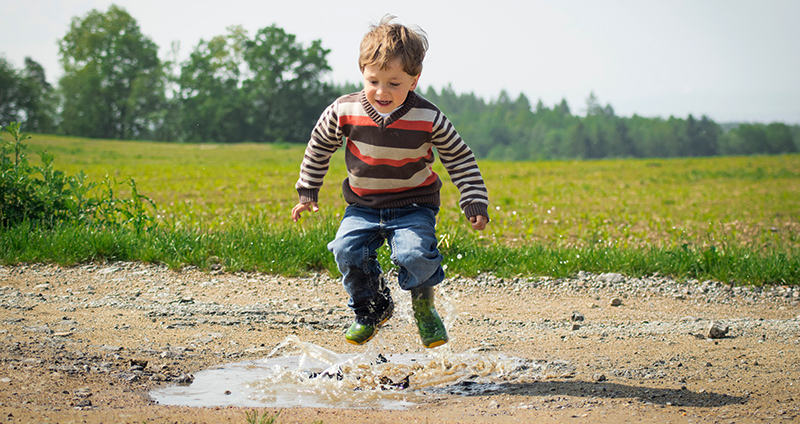With Term 4 just around the corner and the many challenges that Covid has brought among school communities, children and parents alike may be anxious about the coming months and the new school year in 2021.
Every student will experience their own challenges and frustrations, but parents can support their children through these periods by encouraging self-regulation of their emotions.

Self-regulation involves a set of skills that allow us to understand and manage our emotions and behaviour/reactions. Below are some practical tips on how you can support the development of self-regulation in your child!
Naming feelings
Help your child name their feelings by giving them a label (sad, angry etc.). Naming feelings is integral in helping children learn to identify them. Not only does it allow your child to develop vocabulary so they can talk about their feelings, but also creates a starting point to explore the root of the problem.
Modelling
Children develop self-regulation through warm and responsive relationships, and by watching those around them. Use organic opportunities to model how to manage strong emotions in positive and constructive ways. For example, how you can do a frustrating task without becoming upset. You might say something like “That was really hard, but I kept trying and got there in the end”.
Create a ‘toolbox’ of coping strategies to use when dysregulated
- Physical tools (e.g. walk, stretch, jumping jacks)
- Thinking tools (e.g. coping statements, positive self-talk, affirmations)
- Social tools (e.g. connect with a friend/trusted adult)
- Relaxing tools (e.g. yoga, meditation, visual imagery)
- Creative tools (e.g. drawing, painting, journaling)
Mindfulness
Mindfulness techniques are wonderful way to quieten busy minds. Some popular exercises are 5-4-3-2-1 Grounding, Belly Breathing and Body Scan.
Provide a structured and consistent routine
Predictability in knowing what to expect helps to decrease stress.
Give praise
Praise your child when they talk about their feelings or express them in an appropriate way. Not only does it help to normalize feeling and create a safe context to talk about them, it also reinforces this behaviour so they are likely to repeat it.
Show empathy and encouragement
It is important that your child feels cared about, valued, and understood as they learn to regulate. Expect setbacks in learning and growth.
Children who are able to identify, express and manage their emotions effectively are more likely to experience an array of long-term benefits to their mental health and wellbeing. These include better school and career outcomes, more positive and stable relationships, behaving in socially acceptable ways, greater resilience and coping skills, and a positive sense of self.
Sarah | Child & Family Counsellor
Sources:
Raising Children Network | Kids Helpline | Early Childhood Australia | Child Mind Institute
Read more: